A history of China and Taiwan
As tensions reach boiling point, Beijing and Taipei look to the past to legitimise their conflicting ambitions
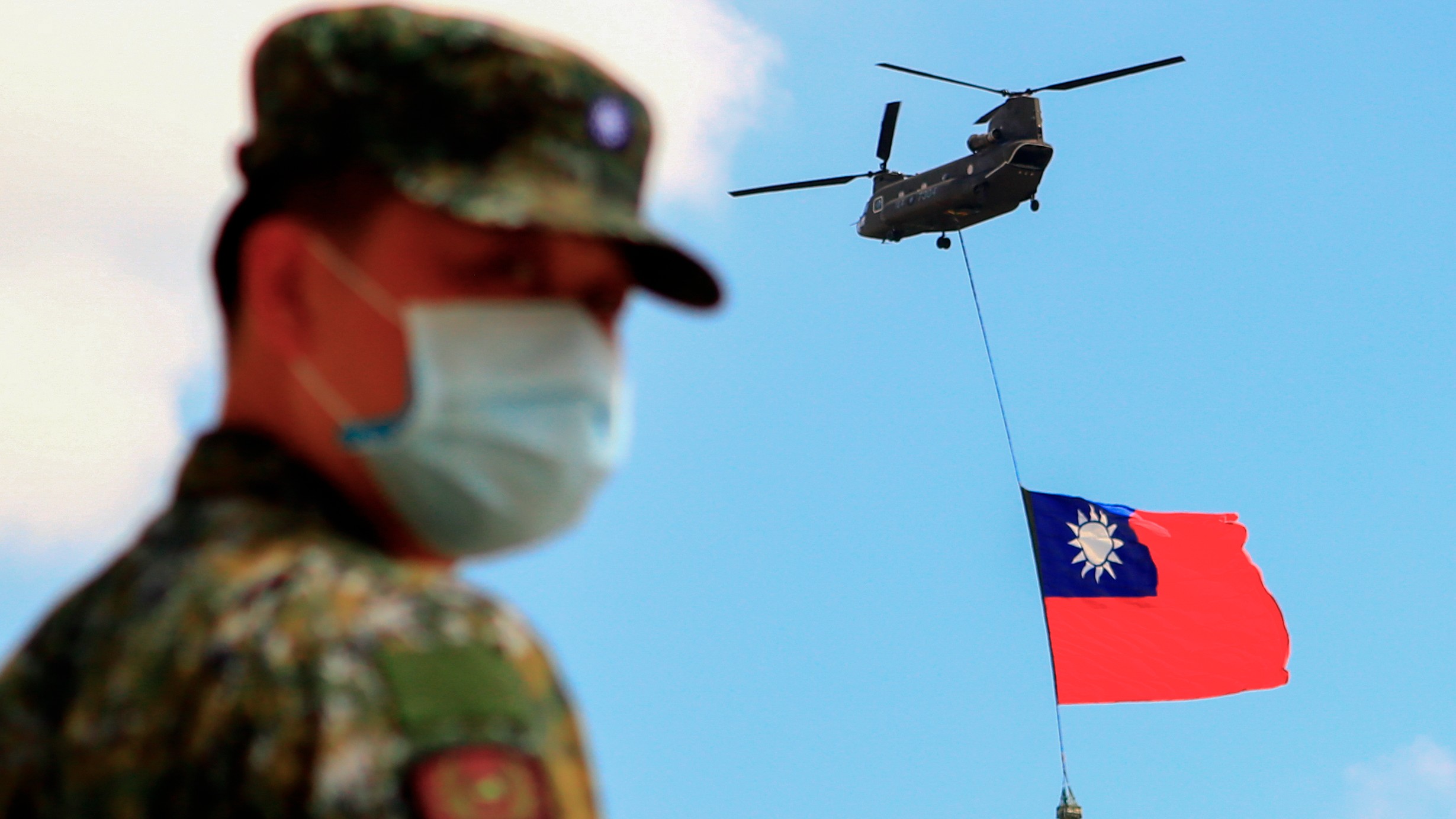
A free daily email with the biggest news stories of the day – and the best features from TheWeek.com
You are now subscribed
Your newsletter sign-up was successful
A “breakaway province”, a “government-in-exile”, a “separate nation” – Taiwan’s status has dominated discussions on China for decades.
A self-ruled island of 24 million people separated from the mainland by 100 miles of sea, it is, according to The Wall Street Journal, “a vibrant democracy that produces most of the world’s advanced computer chips”. But Taiwan is “also a critical piece of [Xi Jinping’s] goal of restoring China’s standing as a great power”.
China’s leader has said that taking control of the island is a task that “should not be passed down from generation to generation” and with relations at their lowest point in decades, long-simmering tensions risk boiling over into a full-blown conflict that could have huge geopolitical implications.
The Week
Escape your echo chamber. Get the facts behind the news, plus analysis from multiple perspectives.

Sign up for The Week's Free Newsletters
From our morning news briefing to a weekly Good News Newsletter, get the best of The Week delivered directly to your inbox.
From our morning news briefing to a weekly Good News Newsletter, get the best of The Week delivered directly to your inbox.
Has Taiwan always been separate from China?
References to Taiwan in Chinese court records date back to the third century but the island was not brought under direct Chinese control until the 17th century when it was taken over and administered by the Qing dynasty. It was ceded to Japan in 1895 after the First Sino-Japanese War but returned to China in 1945 following the end of the Second World War.
The modern-day stand-off between the island and mainland dates back to 1949 and the end of China’s brutal civil war. Having been defeated by Mao Zedong’s Communist army, the nationalists, led by General Chiang Kai-shek, and remnants of his Kuomintang administration, along with roughly 1.5 million supporters, fled across the Taiwan Strait to set up a government-in-exile.
“China points to this history to say that Taiwan was originally a Chinese province,” said the BBC, “but the Taiwanese point to the same history to argue that they were never part of the modern Chinese state that was first formed after the revolution in 1911 – or the People’s Republic of China that was established under Mao in 1949.”
This timeline is crucial as both sides seek to establish historical legitimacy to support their claim to represent the true China.
A free daily email with the biggest news stories of the day – and the best features from TheWeek.com
So is Taiwan a country?
“There is disagreement and confusion about what Taiwan is,” said the BBC.
Established as a nominal democracy, Chiang’s Republic of China (ROC) government-in-exile claimed to represent the whole of China, and initially held its seat on the UN Security Council. With Mao’s People’s Republic of China (PRC) an international pariah, the ROC was recognised by many nations as the true Chinese government.
Things began to change in 1971 when the UN passed a resolution switching diplomatic recognition to Beijing. This was followed a year later by US President Richard Nixon’s historic visit to China, a move that began the long process of opening up the country to the rest of world.
In 1979, the US “revoked its diplomatic ties and its mutual defense treaty with Taiwan and established formal diplomatic relations with mainland China”, said Deutsche Welle. “Despite this shift,” however, “Washington has maintained close unofficial ties with Taipei.”
Fewer than 15 countries now formally recognise Taiwan’s government. Beijing’s “one-China principle” formally declares its claim over the island, which it considers to be a “breakaway province”, said Australia’s ABC News, even though “many Taiwanese people consider their self-ruled island to be a separate nation”.
Yet despite its contested status, The Guardian said, Taiwan has “enjoyed de facto independence since the end of the civil war in 1949”. More than 75% of people in Taiwan now consider themselves Taiwanese compared to just 7% who view themselves as Chinese.
Have relations always been so bad?
As mainland China and Taiwan enjoyed an economic boom in the 1980s, relations between the two slowly improved. Taiwan relaxed rules on visits to and investment in China and in 1991 proclaimed that the war with the PRC was over.
Proposals by Beijing to incorporate Taiwan into China under its so-called “one country, two systems” option established in Hong Kong were rejected by the government in Taipei but despite this, Al Jazeera termed the period from 1987 to 2016 as one of “fragile reconciliation”.
“Less than a decade ago, ties seemed to be on the mend as the two sides… deepened economic, cultural and even political engagements,” agreed CNN.
But Taiwan’s transition from one-party state to a dynamic democracy, with a booming tech-led economy, has alarmed Beijing. The election as president of Tsai Ing-wen, from the traditionally pro-independence Democratic Progressive Party (DPP), brought the “end of the honeymoon”, according to Al Jazeera.
At the same time “China’s authoritarian turn under leader Xi Jinping and plummeting relations with Washington have pulled Taiwan closer into the orbit of the US”, said CNN. “This has infuriated Beijing, spurring it to unleash more pressure on Taiwan and sending cross-strait relations on a downward spiral.”
Today, said the news network, “relations are at their lowest point in decades – raising fears of military escalation, even as experts caution that an imminent all-out war remains unlikely”.
-
 How the FCC’s ‘equal time’ rule works
How the FCC’s ‘equal time’ rule worksIn the Spotlight The law is at the heart of the Colbert-CBS conflict
-
 What is the endgame in the DHS shutdown?
What is the endgame in the DHS shutdown?Today’s Big Question Democrats want to rein in ICE’s immigration crackdown
-
 ‘Poor time management isn’t just an inconvenience’
‘Poor time management isn’t just an inconvenience’Instant Opinion Opinion, comment and editorials of the day
-
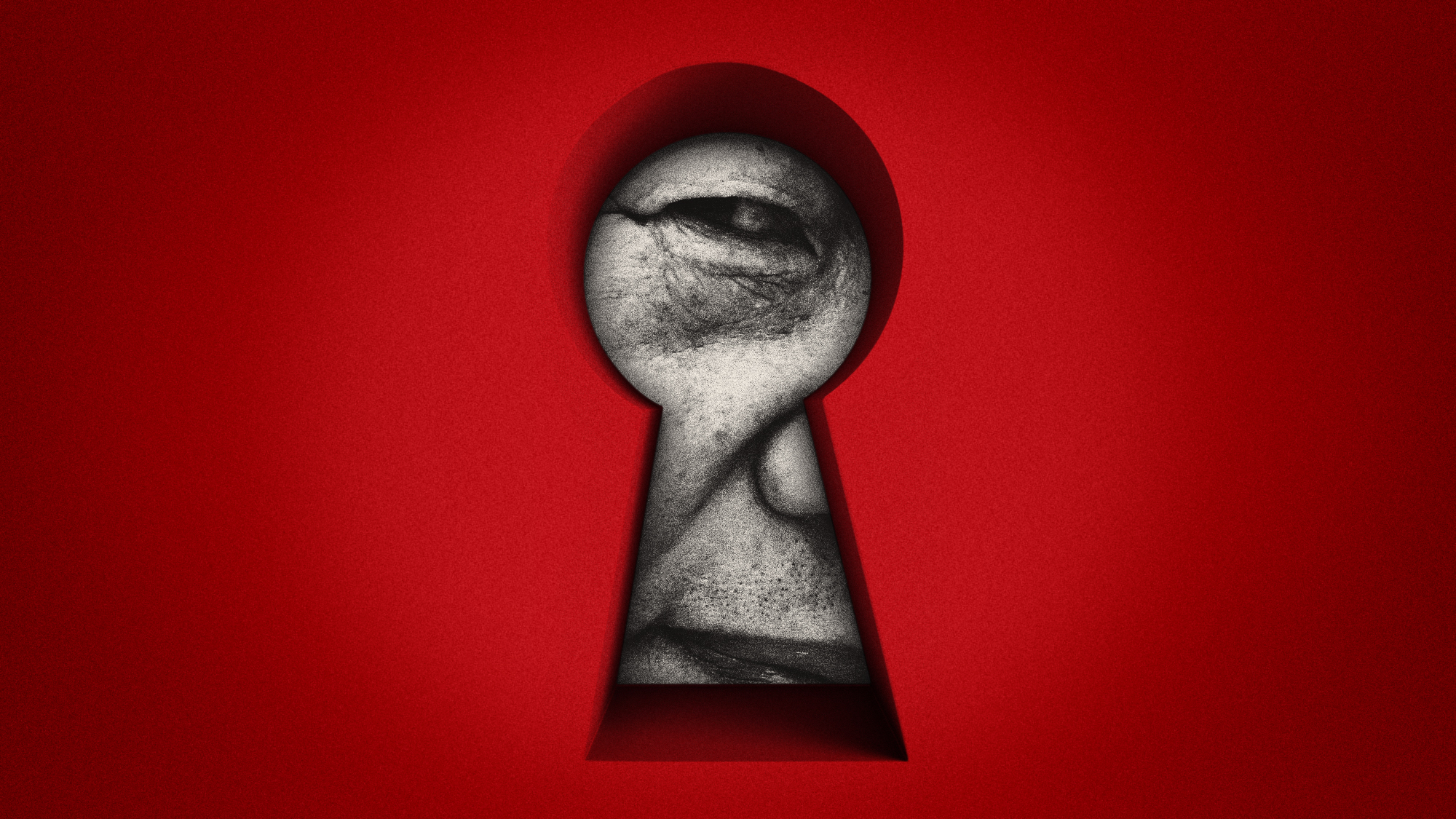 Is the Chinese embassy a national security risk?
Is the Chinese embassy a national security risk?Today’s Big Question Keir Starmer set to approve London super-complex, despite objections from MPs and security experts
-
 Taiwan eyes Iron Dome-like defence against China
Taiwan eyes Iron Dome-like defence against ChinaUnder the Radar President announces historic increase in defence spending as Chinese aggression towards autonomous island escalates
-
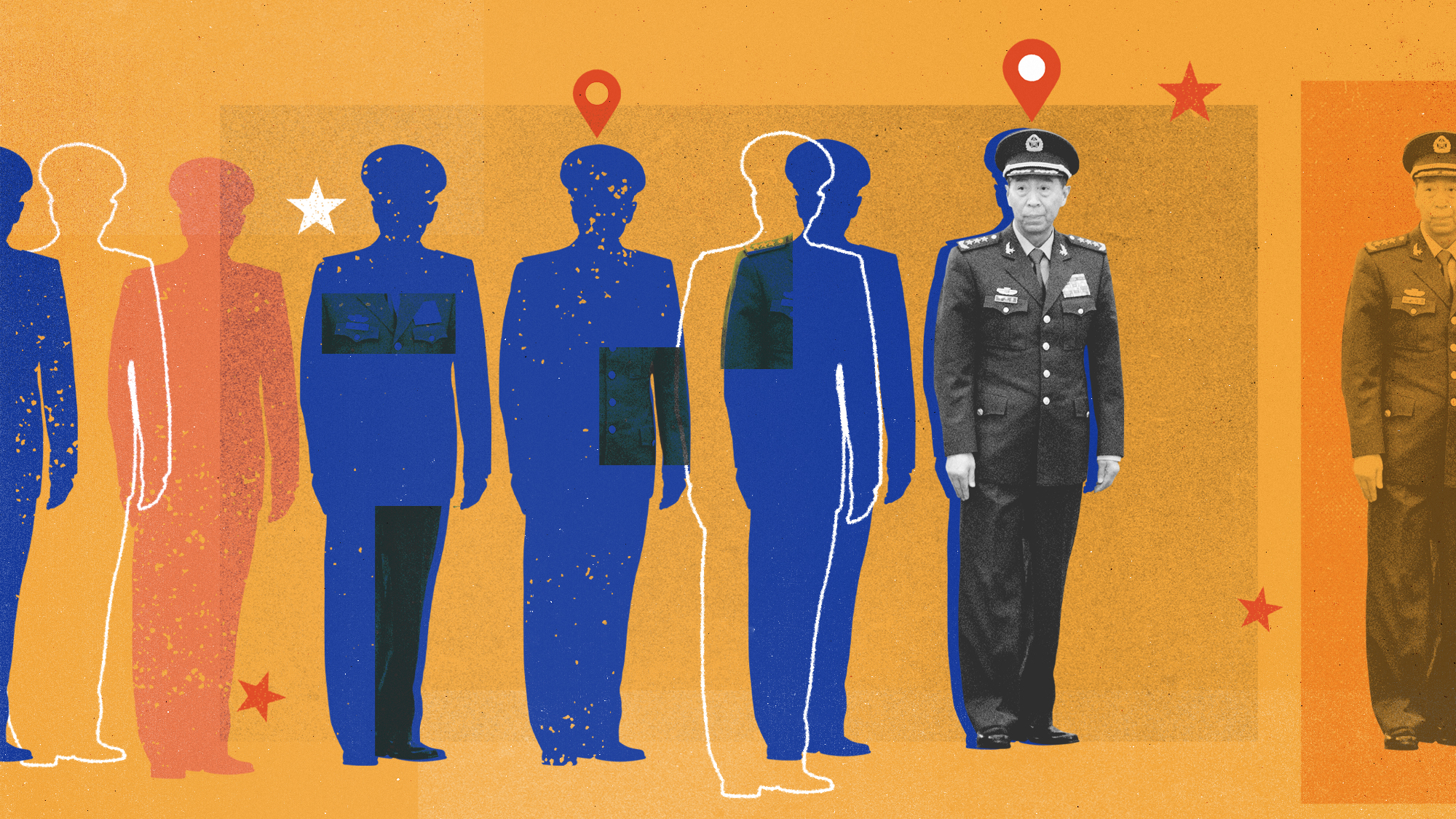 Why do Chinese politicians keep disappearing?
Why do Chinese politicians keep disappearing?String of unexplained absences renews Beijing purge speculation
-
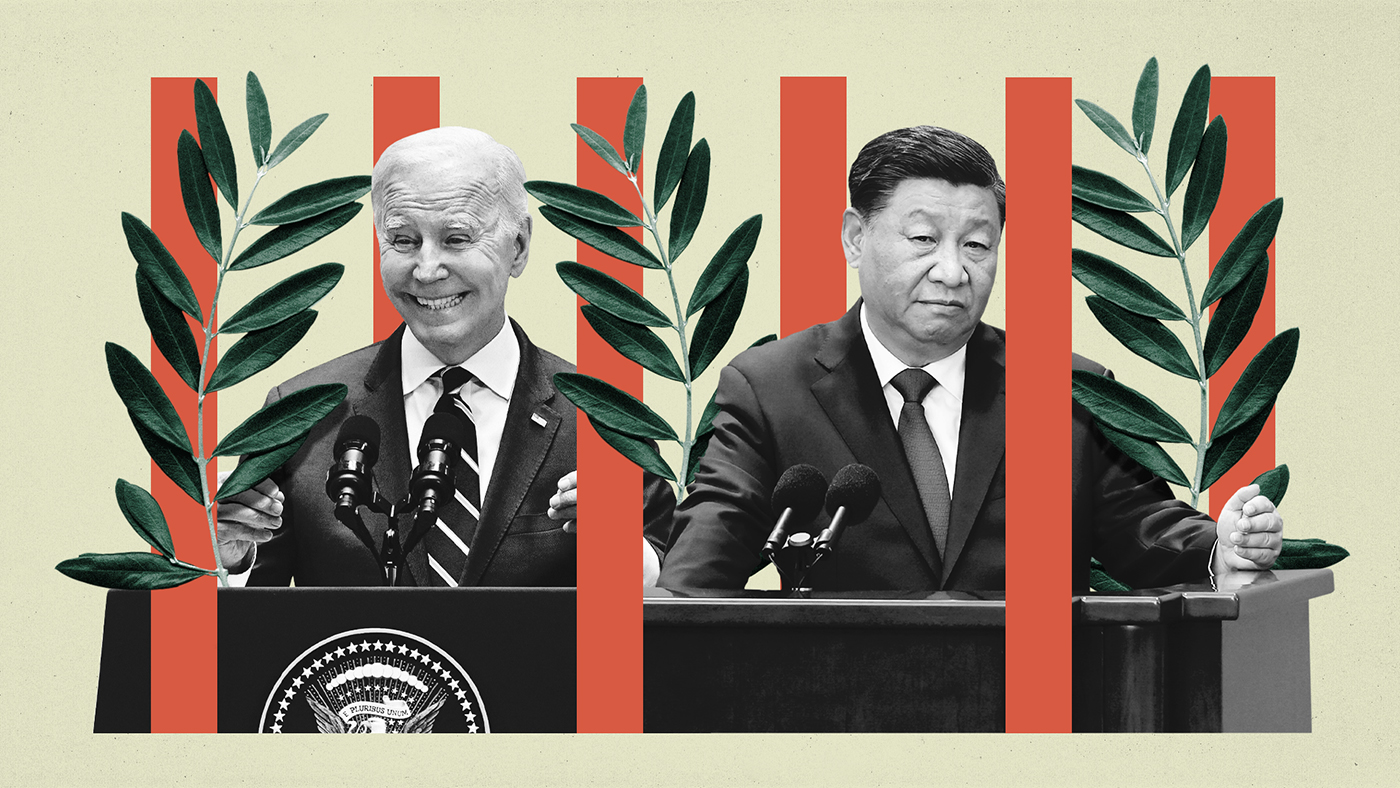 US-China talks: can Biden mend ties with Beijing?
US-China talks: can Biden mend ties with Beijing?Today's Big Question Treasury Secretary Janet Yellen to use visit to ‘re-establish contact’ between world’s two largest economies
-
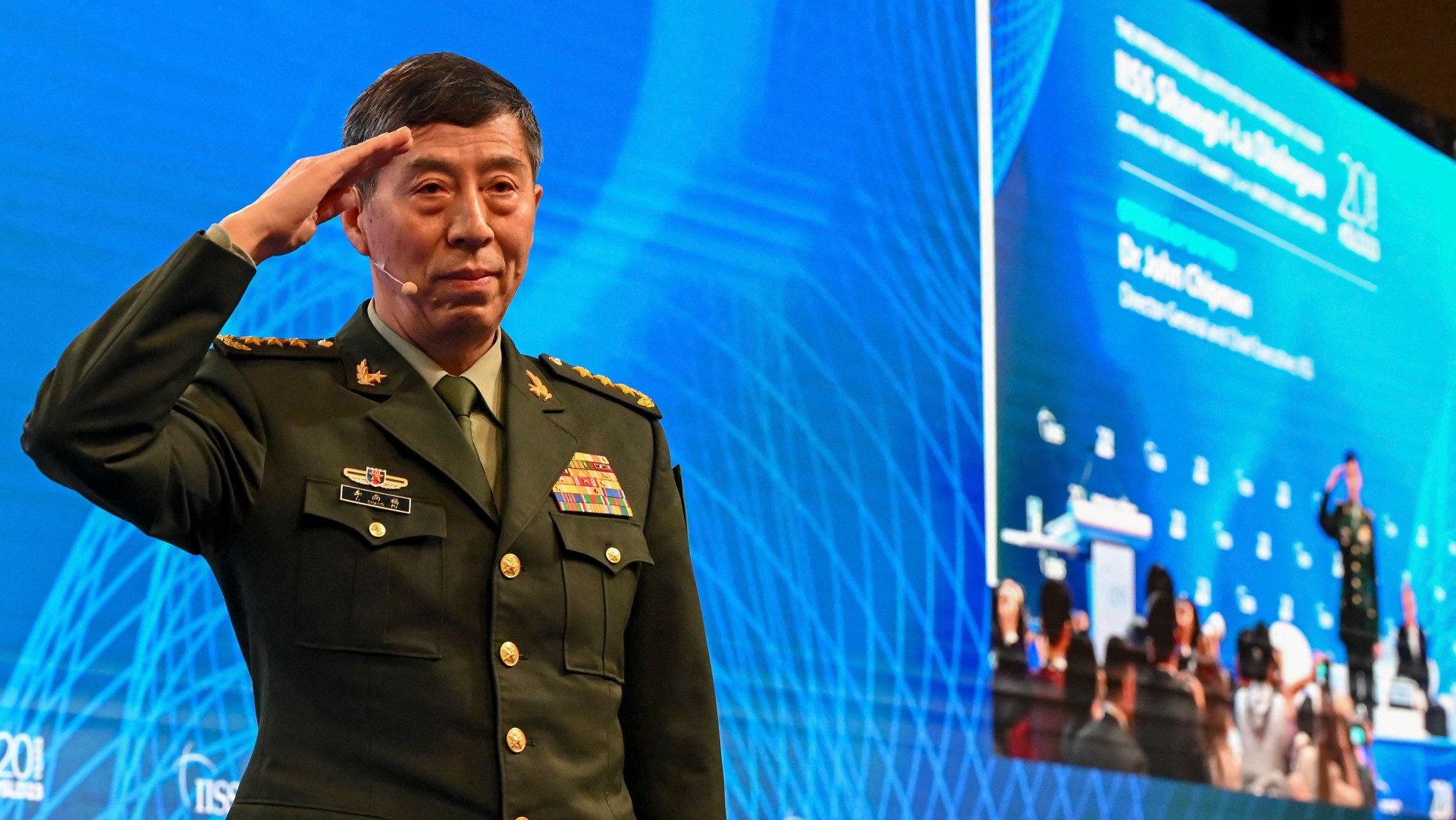 ‘Cold-war mentality’: Chinese defence minister Li Shangfu takes aim at US in first speech
‘Cold-war mentality’: Chinese defence minister Li Shangfu takes aim at US in first speechfeature Keynote address warns of intensifying arms race but says US-China conflict would be ‘unbearable disaster’
-
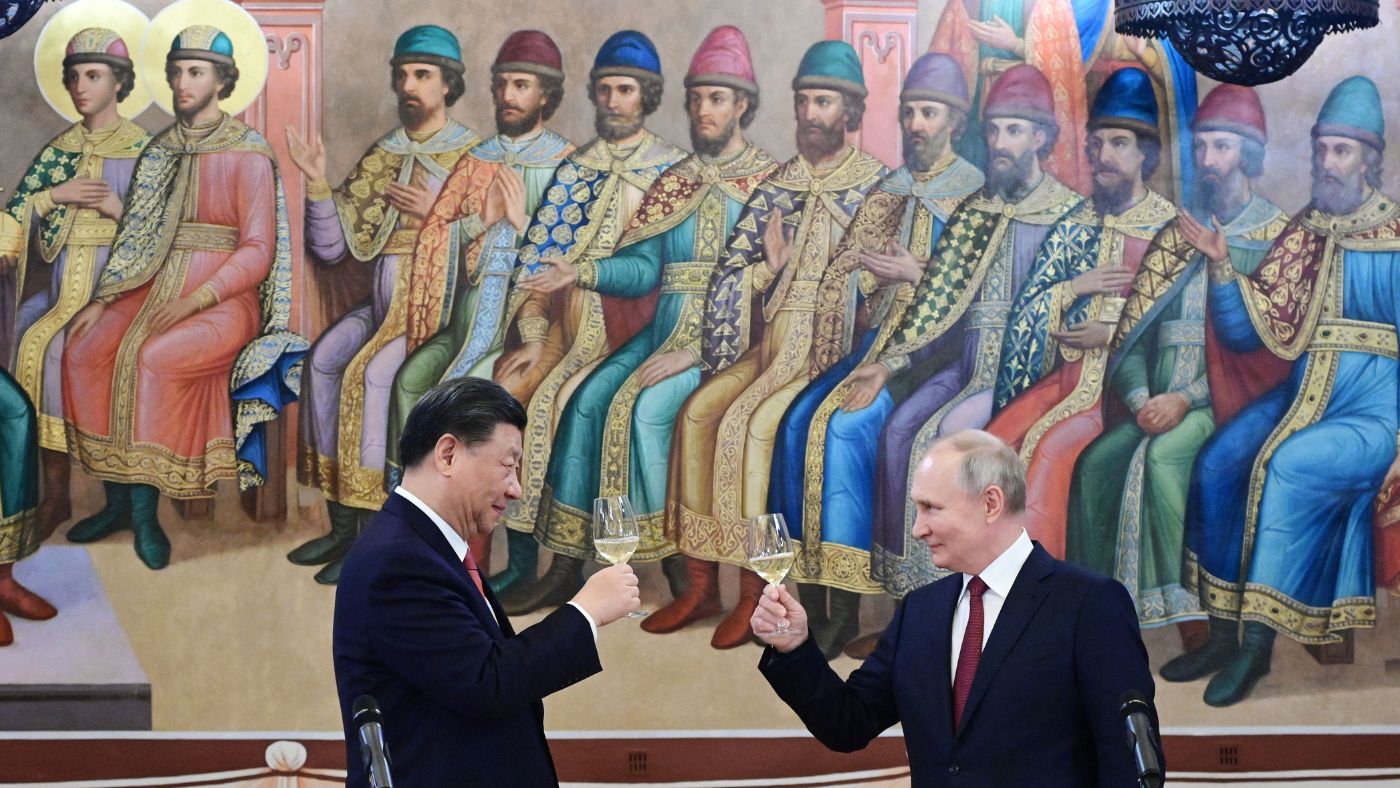 Are Xi and Putin in a true bromance or a marriage of convenience?
Are Xi and Putin in a true bromance or a marriage of convenience?Today's Big Question Chinese leader’s visit to Moscow offered a political boost for his Russian counterpart, but analysts say the meeting revealed much about where the real power lies
-
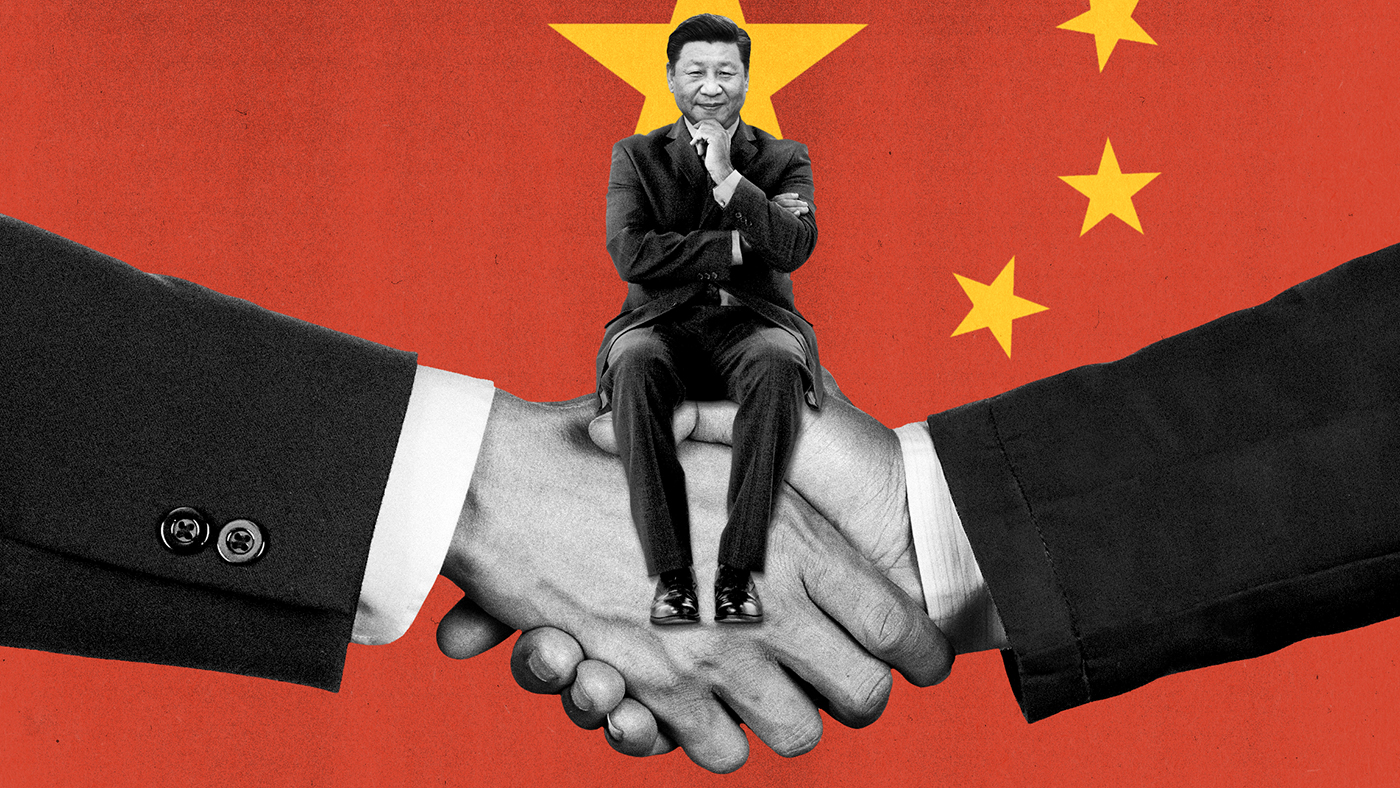 Xi Jinping: the new global peacemaker
Xi Jinping: the new global peacemakerfeature China intervenes in the Middle East and Ukraine - but what are its intentions?
-
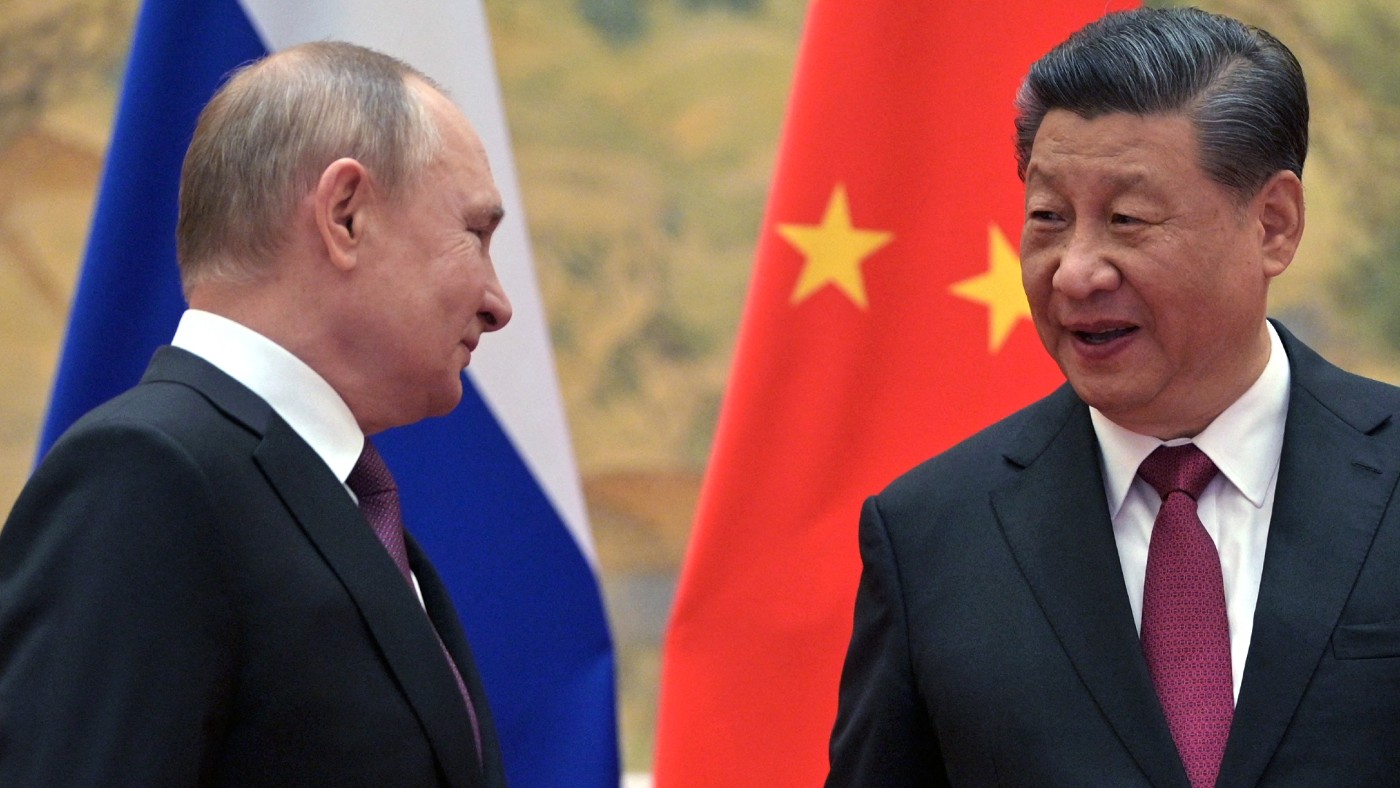 How Xi and Putin meeting could affect Ukraine
How Xi and Putin meeting could affect UkraineSpeed Read Summit comes with Russia needing Chinese support for its faltering war effort